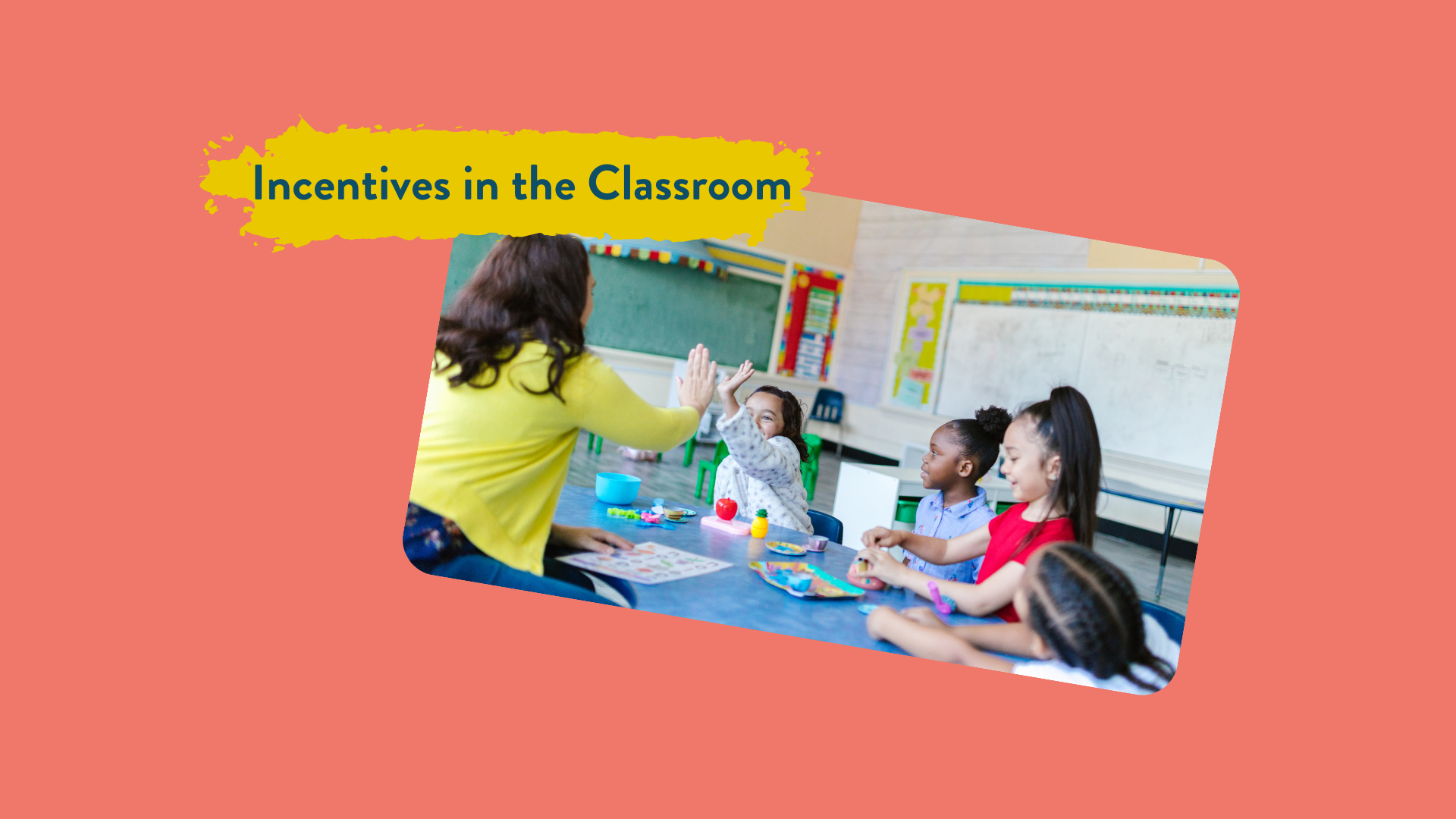Virginia Williams, Possip reporter with a background in Elementary Education & Special Education from Raleigh, NC, gives school leaders some tips for incentives in the classroom.
Typically by September or October, we begin seeing family feedback about classroom consequences and incentives. It’s heartbreaking for a parent to hear their child say “we lost recess because a few kids were talking too much.” We’re going to focus on some of the positive incentives that can be helpful.
With the start of a new school year around the corner, you are thinking about how to build positive school culture. School leaders want to see joy-filled classrooms with students who are motivated to succeed rather than classrooms with a culture of fear-based compliance. You can help your staff achieve this goal by teaching them how to effectively use positive incentives. Even more, we want you to begin this year with confidence in your teachers’ ability to reward and motivate students both individually and collectively. Below are some ideas for you to share with your teachers.
Group Incentive
There is something so powerful about feeling like an important part of a community. One of the best ways to create a team-like environment inside the classroom is to frequently remind students that they all have a role, and praise them when they do their part. In lower grades it might sound like this:
“We are about to go to recess. Remember, if each of us lines up quickly and quietly, we will be outside sooner and have more time to play. This means every single person needs to go straight to their line spot with calm, silent bodies. Ready? Go…Oh wow, I notice Kiyah is already in her line spot! That helps our team get to recess faster!”
To motivate students a step further, I encourage you to implement the ten-frame strategy. A simple ten frame is a wonderful tool that can help to build community while also reinforcing math skills in lower grades. When the entire class is meeting expectations, the teacher can add a point to the ten frame. It might sound like this:
Oh my goodness! The whole class got to their line spots silently! Our team has earned a point in our ten frame! Now we have ___ points. We need ____ more points to fill our ten frame.”
When the ten frame is full, the class earns a celebration. The celebration can be a two-minute dance party or a quick game of ‘I Spy’.
Group Incentive Ideas:
- Fill up a ten-frame or marble jar to earn class rewards
- Extra recess
- A round of 7-Up, Poetry for Neanderthals, Taboo, or I Spy
- Earned computer time
- Bragging to other teachers
- Eating lunch in the classroom or outside
Individual Incentive
So what about when NOT everyone in the class is meeting expectations? What about when you give perfectly clear directions and narrate the positive behaviors you want to reinforce, but there are still a few students who don’t ‘go to their line spot silently’? Sometimes students wonder why they should behave – when others don’t.
That’s where individual incentives come in. Students need something to work for that cannot be taken away by another student’s choices.
A ‘VIP Bucket’ is very useful here – all you need is a medium-sized container and some construction paper. You’ll cut the pieces of construction paper into strips, big enough to write a student’s name on each one. When an individual is meeting expectations despite the choices of others, his/her name gets written on a strip and put into the VIP bucket. At the end of the week, select a few names out of the VIP bucket to get a reward! In lower grades, this might be taking home the class stuffed animal for the weekend. In upper grades, it could be a homework pass or bonus points on an upcoming assignment.
Individual Incentive Ideas:
- Smiley face on student’s work as they are working to celebrate their hard effort
- Student of the Week
- Positive phone call home
- Earned computer time
- Student helper time with an agreeable specials teacher
- Pick a buddy to eat lunch with in the classroom
- Name in VIP bucket for ‘prizes’: bring a stuffed animal to school or take the class stuffie home, homework pass, bonus points on upcoming assignment
We hope these examples inspire you to help your teachers create positive classroom environments this year. Remember, focusing on the positive is always a good choice!





